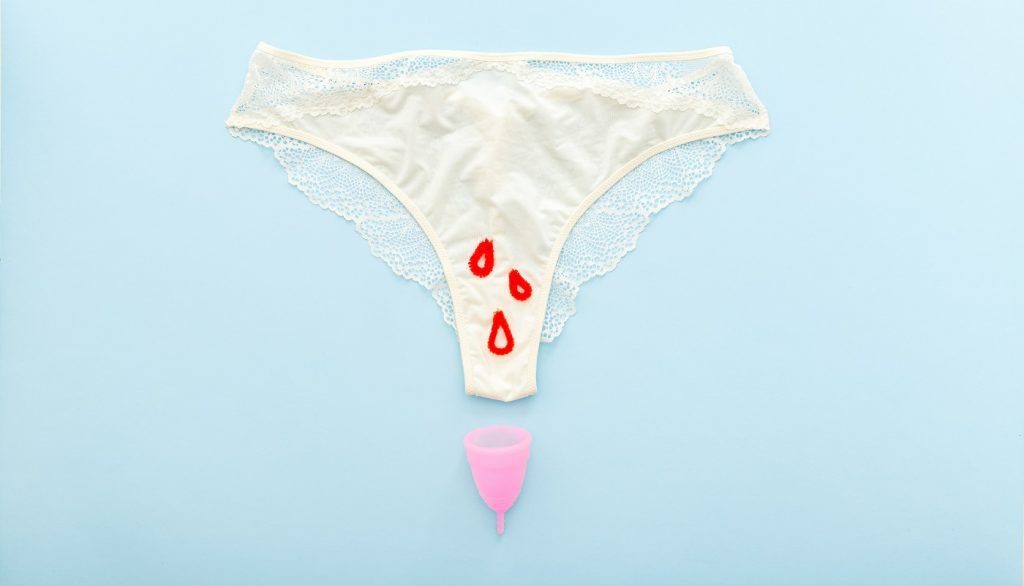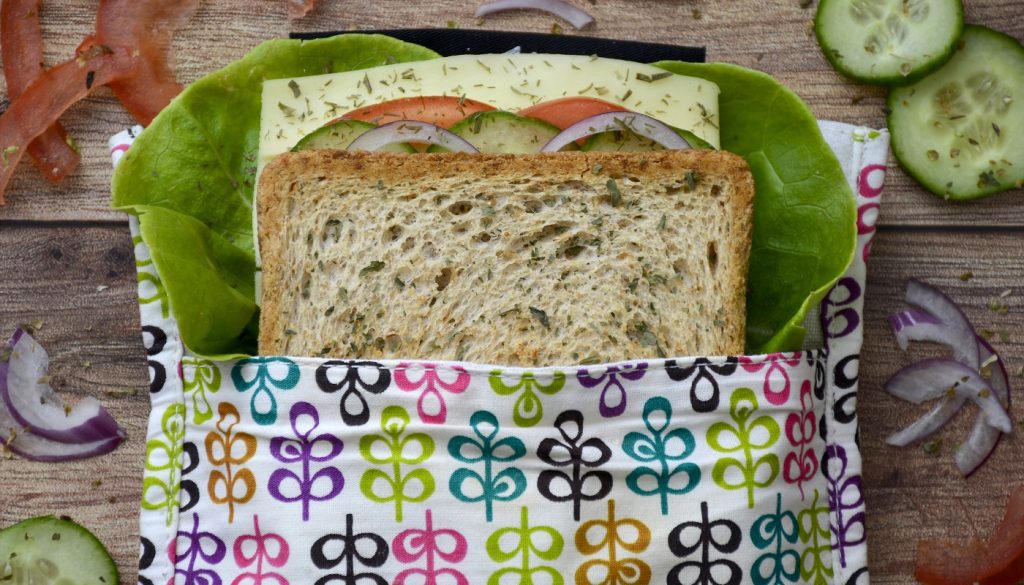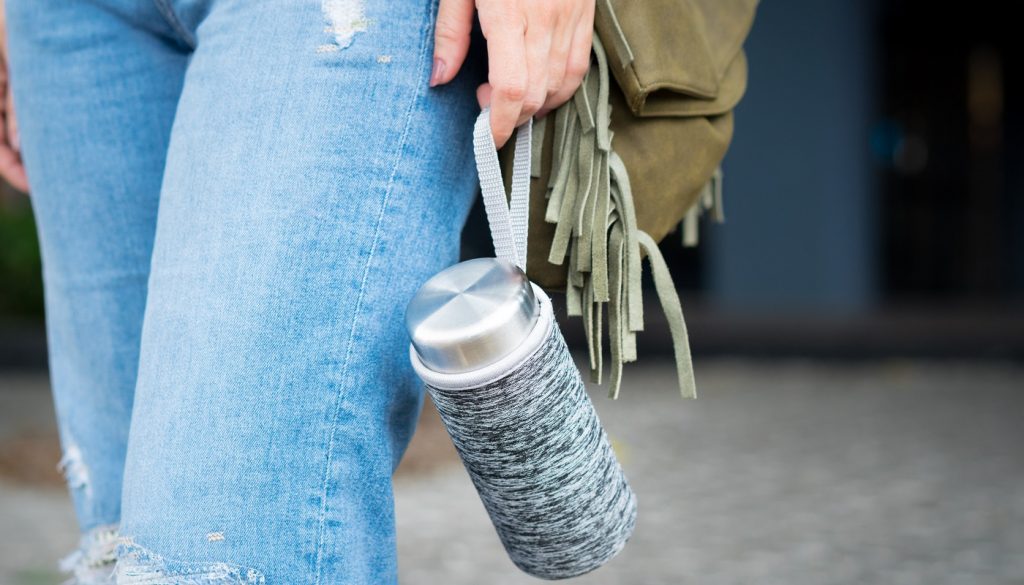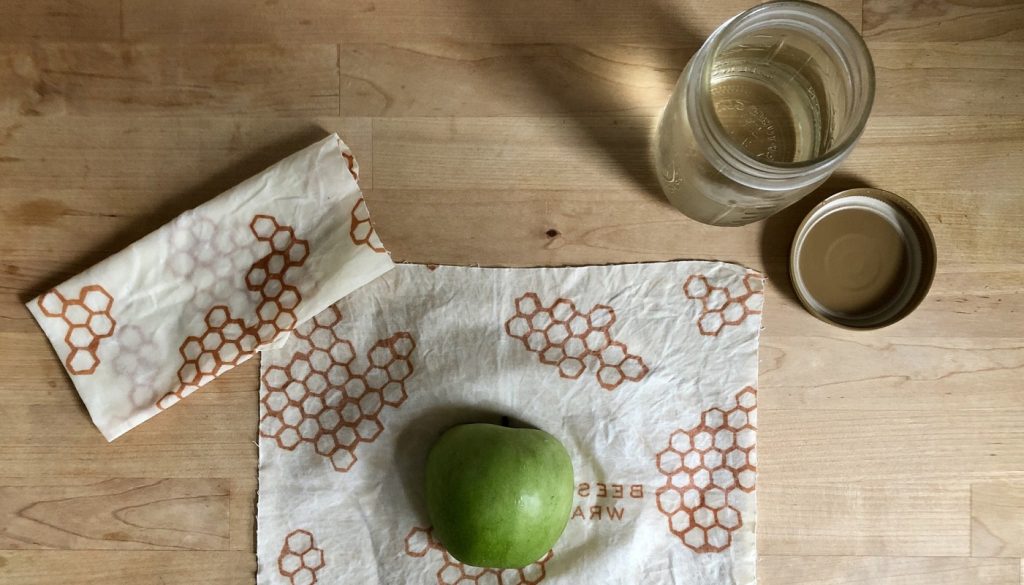According to Earth 911, about 250 metric tons or 4 million pairs of reading glasses are thrown away every year in North America. Furthermore, the global sustainability network Common Objective reports that up to 75% of acetate is typically wasted by eyewear manufacturers.
These hard statistics have been driving the proliference of green eyewear in recent years. More alternatives to single-use materials, particularly in the form of plant-based ones, have been used and released among different brands. For instance, Eco Eyewear has an Eco Ocean line of frames that are created from plastic collected from the ocean by fishermen and local communities. Meanwhile, the Wood Light label released a pair of shades with frames made with French volcanic rock, and the Amaury Paris brand launched biodegradable lemon-based glasses in the fall of 2020. The latter even promises to be compostable in just over 90 days.
With the growing green revolution in the eyewear world, there are now numerous ways that glasses wearers can stay sustainable. We discuss four popular ways below.
Buy frames made with eco-friendly materials
Eco-friendly spectacles can minimize environmental damage by using more sustainable materials. Some of the most popular materials used to make eyewear sustainable include cellulose acetate, which is derived from natural substances like cotton and wood pulp, and vegetal resin. Currently, brands like Lacoste use 40% of vegetal resin to produce their sunglasses.
To find such glasses made from eco-friendly materials, you can easily ask the shop assistant for information on a frame’s materials. You can also opt to purchase from established brands and eyewear lines that use eco-friendly materials to make the shopping process easier. Several models of Ray-Ban sunglasses center on sustainability and have a distinct eco-friendly theme. The original Wayfarer can be supplied with frames made from bio-acetate, which is made using wood pulp, beetroot, sugarcane, and grains. Burberry and Giorgio Armarni also have ranges with bio-acetate frames, such as the Burberry Edison and Armarni AR7227.
Reuse your old frames
If you already own a pair of eco-friendly frames that are still in good shape and quality, then you can opt to reuse these instead of buying new ones. FramesDirect lets you order lenses in a variety of styles, prescription strengths, and options — all without a frame. This means that you can simply replace the lenses you already have if your prescription changes or if you have scratched or broken them. Platforms like Overnight Glasses, which carry a selection of designer eyewear such as Cartier and Tiffany, even offer free shipping and production insurance for customers who are sending in their frames for new lenses.
Some proprietary brands, such as Oakley, will even replace lenses through their own replacement programs. This also allows you to switch out lens colors to suit your style without having to toss out your existing frames.
Buy second-hand frames
You can find many used frames online on Etsy and eBay or in brick-and-mortar thrift stores such as Goodwill. Some of these would even be designer brands that can be bought for amazing deals. All that’s left would be to change the lenses, as we have detailed in the tip above. Of course, if you do buy second-hand, make sure that the frames you choose are still in good condition. Buying flimsy frames is not eco-friendly in the long run, either, since you’re likely to replace them once they break. Aside from this, you’ll also need to make sure that the pre-loved frames you want can accommodate the lenses you use. Remember that lenses can vary in thickness, shape, and curvature. Once you find a good second-hand pair, though, you may even consider it an investment if you find a particularly rare or well-made pair.
Buy from brands that donate to sustainable causes
Many brands of eco-friendly spectacles also donate to sustainable causes. In this way, you can ensure that the brand you’re buying from is not just greenwashing and is actually walking the talk. British eyewear specialist SunGod, for instance, not only has B Corp Certification to cement their commitment to sustainability but also partners with like-minded organizations such as Surfers Against Sewage, The Bike Project, and 1% for the Planet. 1% of their revenue thus goes to these sustainability-focused non-profits, and purchasing from these kinds of brands can help you contribute to sustainability efforts on a larger scale.
With these tips, you can stay sustainable as a glasses wearer and contribute to the growing green revolution. Your efforts will help ensure a healthier eyewear industry for us and the environment.
Your new sustainable glasses would look great on your next vacation - why not read through our guide to sustainable cities in the United States, and plan a trip to show off your new look?






